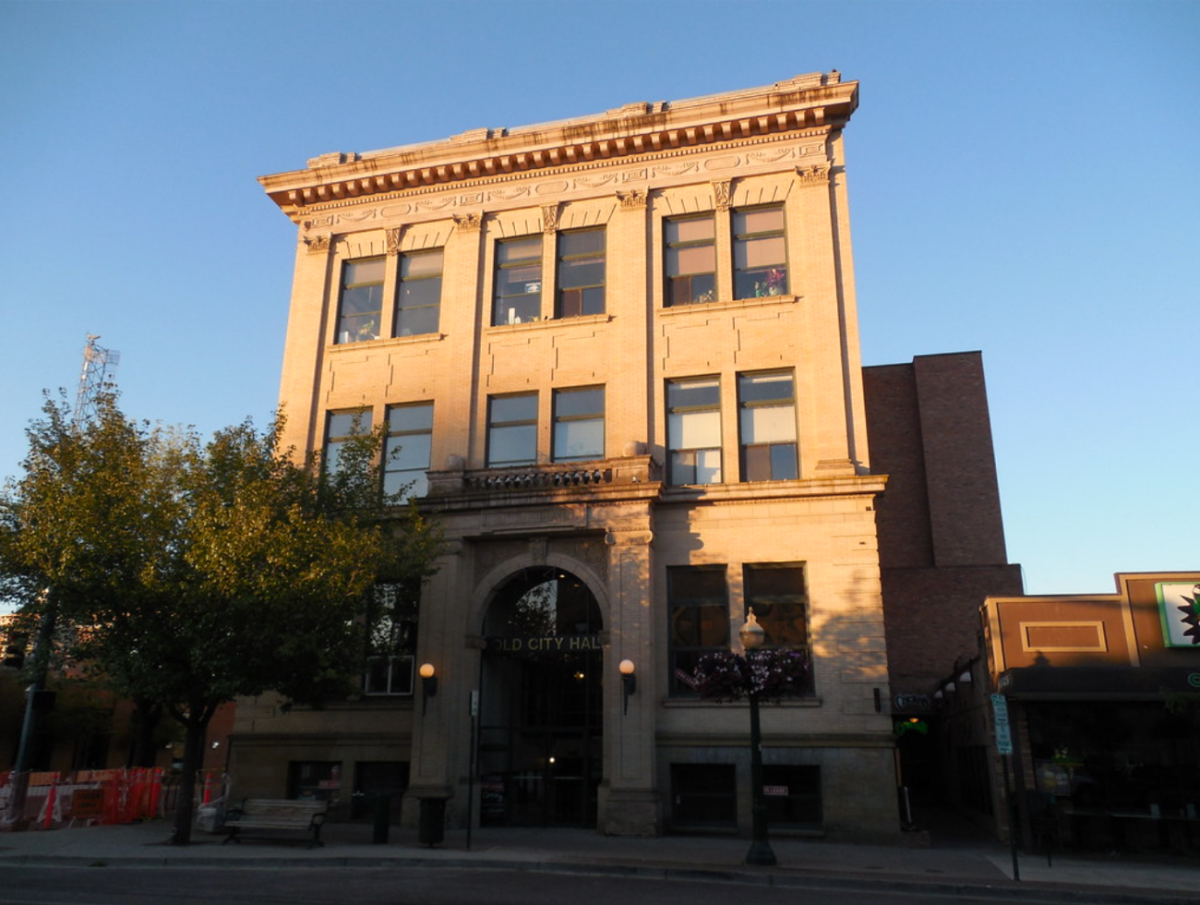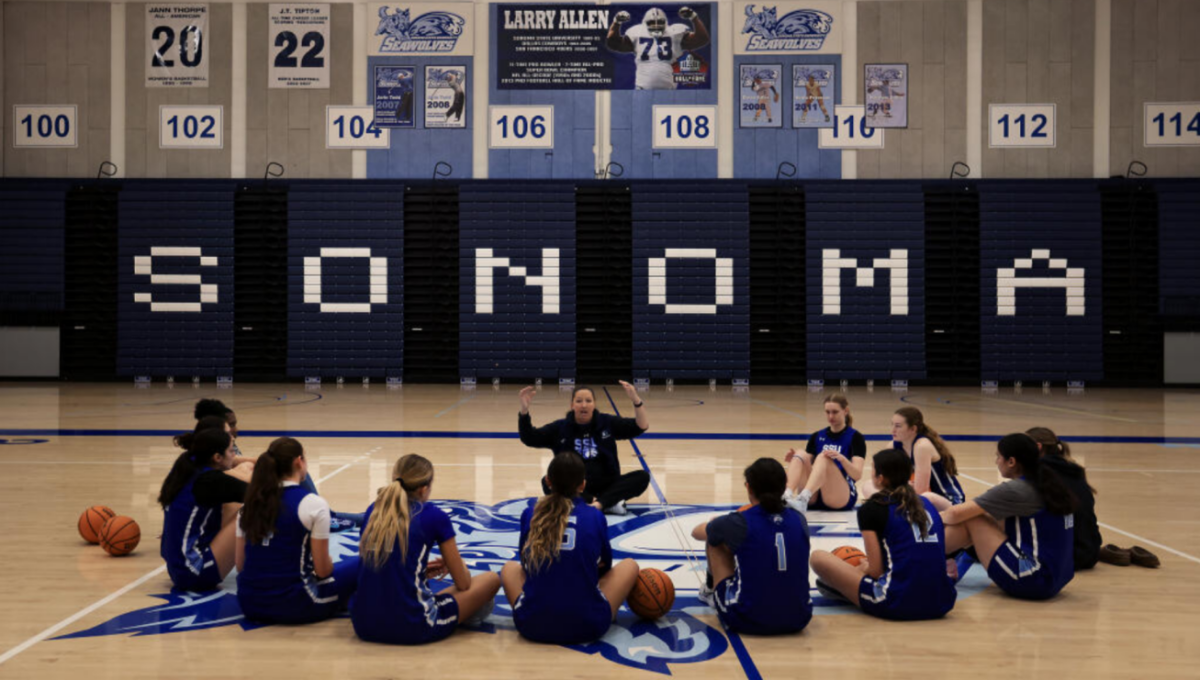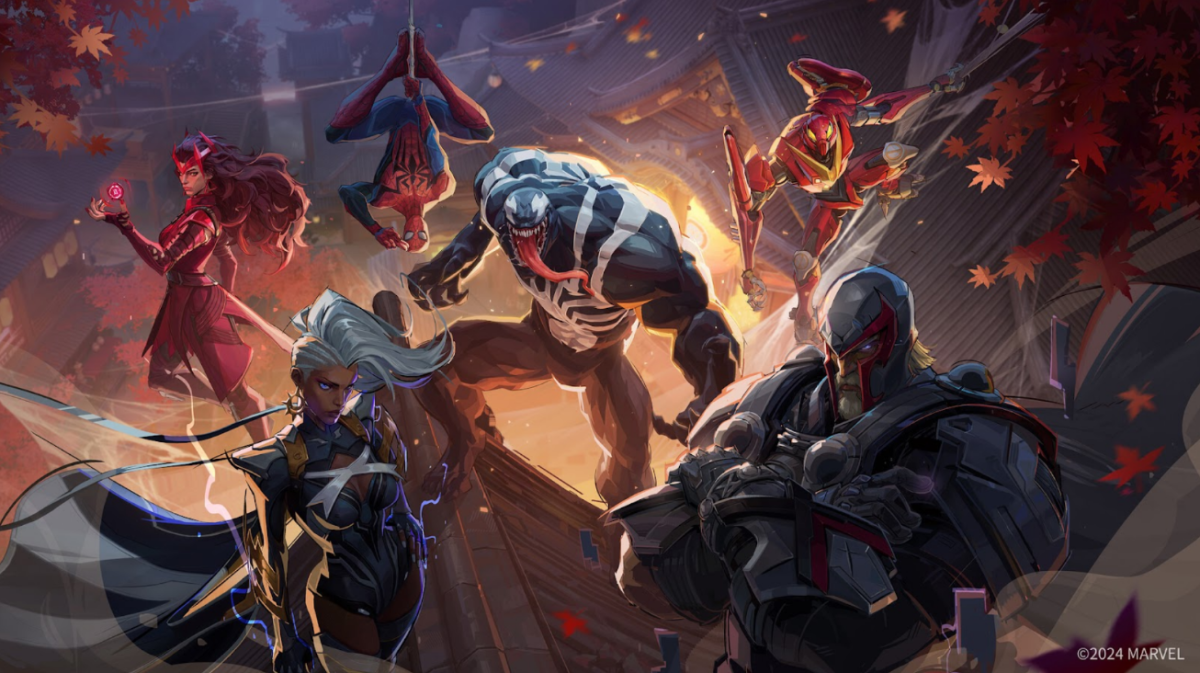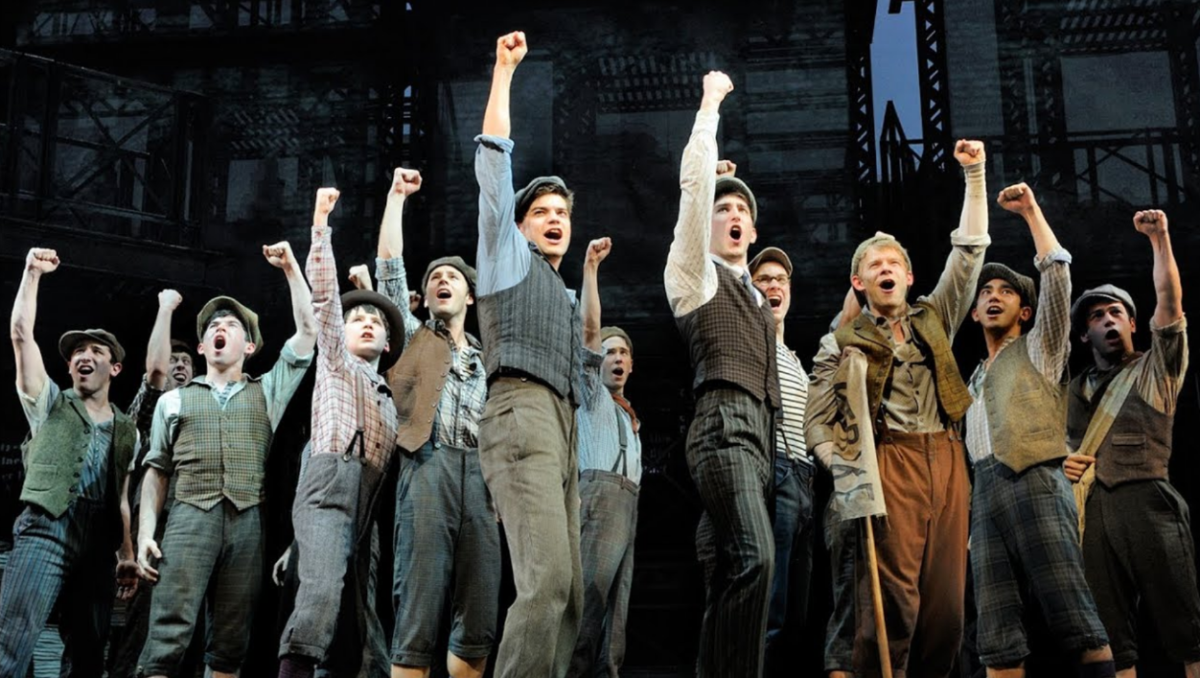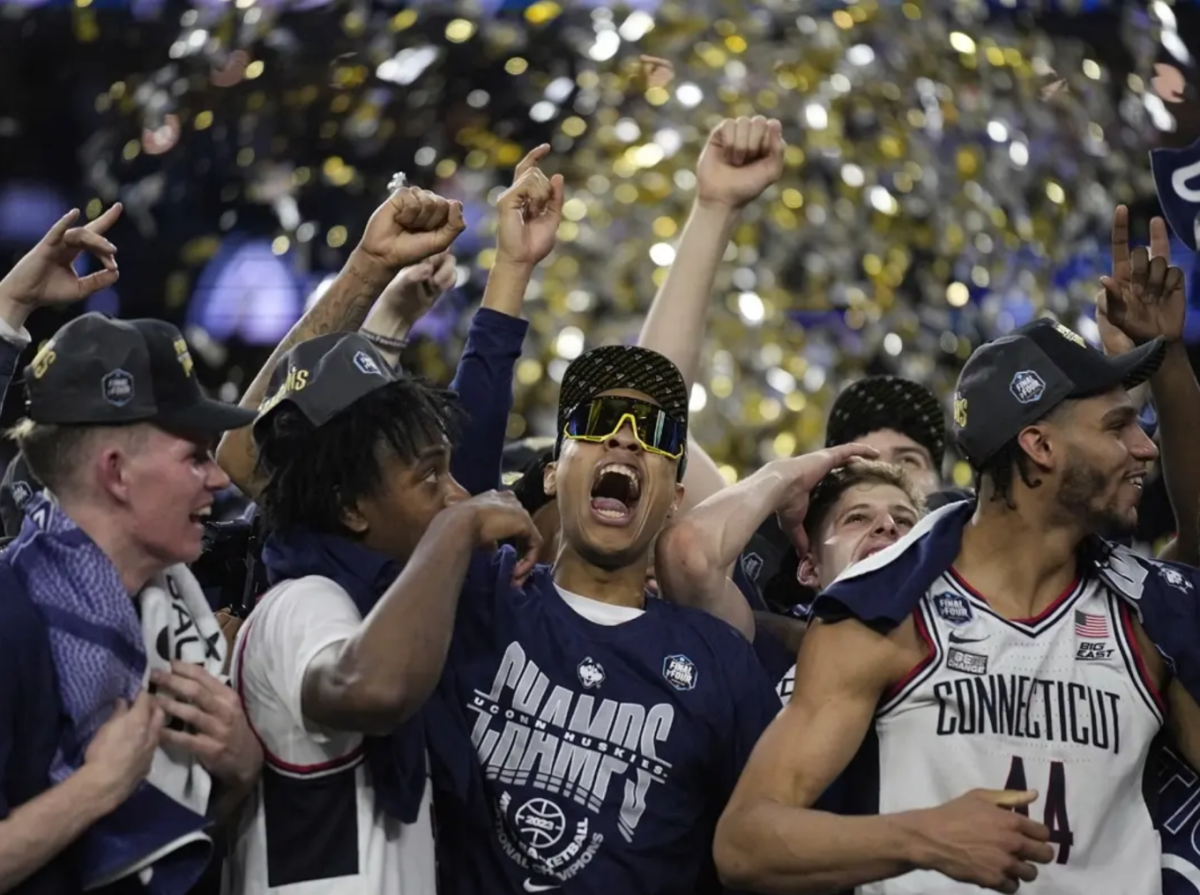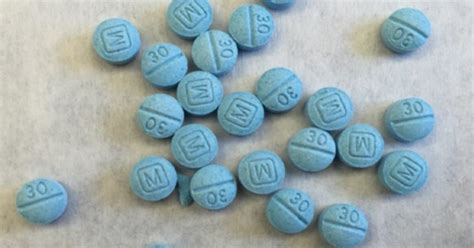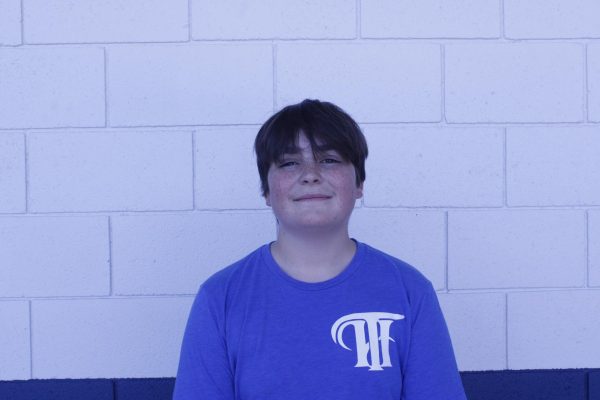Sitcoms, standing for situational comedy shows, have to end eventually. Some maintain or even improve their quality until the end, with long-running shows being produced for decades. Unfortunately, most have an unsatisfactory conclusion, whether in the last few seasons or just the last episode. The reason for this varies depending on the show, some have cast changes, while some run out of new ideas.
The most notable and popular falloff for a sitcom is the ending of “The Office.” The show was highly rated and very successful, winning five Emmy awards. It followed Jim Halpert and Pam Beesly dealing with their idiotic boss, Michael Scott. The show went on for seven seasons before the backbone of the show, Steve Carell who played Michael Scott, left and a new boss was hired. The show continued, focusing more on the relationship between Jim and Pam rather than Michael, but it dropped in quality and lost most of the silly humor that made the show great. Many people think that it would have been a better decision to end the show with Steve Carell leaving, but the finale of the show brought him back with a sentimental goodbye to all of the characters.
Another show that lost a crucial person was “Seinfeld,” a sitcom that made a huge impact on television at the time. Larry David, the head writer and executive producer on the show departed because he felt too stressed out and was not enjoying his work. The show only gained popularity from there, and although the writing was not the same. The last episode of the show brought David back, letting him write the script. It ended up being one of the most viewed episodes of any TV show at the time, getting 76 million people watching it live. The episode did not hold up to its viewership, being a simple clip show of moments from the series.
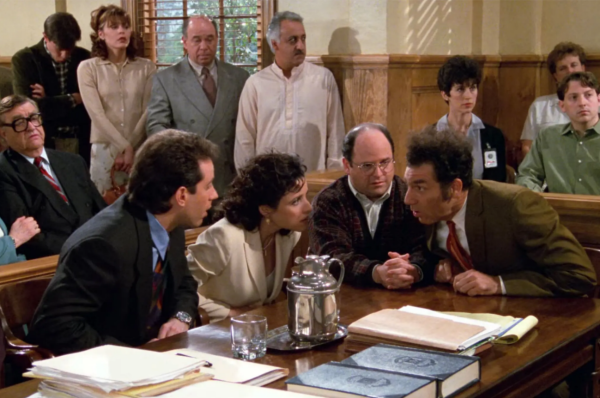
The show “Community,” featuring a misfit bunch of community college students, struggled for a number of reasons. The show was not as large as other sitcoms at the time, such as “Parks and Recreation” or “How I Met Your Mother,” but it gained a massive cult-like following through its six seasons. The characters and meta writing were beloved, thanks to the show’s creator, Dan Harmond. Harmond was fired after the third season and took some of the show’s spirit with it. When the fourth season came around, it was obvious that the show was not the same, and had drastically dropped in quality. This change in quality for the season was later referred to as the “gas leak year” to give a funny way to account for the bad writing. The show had cast problems similar to “The Office” as well, with Chevy Chase getting fired from his role as Pierce for his bad behavior and Donald Glover, who played Troy, resigning with him. Their characters were replaced with new ones, but this did not work around the issue. The show was sloppy, so it got sold by NBC to Yahoo after season five. The next season continued to be a sloppy mess of tone, with some good moments throughout. Many people do believe that the show kept up its quality, but this remains a large debate within its fanbase.
One of the most hated endings to a sitcom in history is for the show “How I Met Your Mother.” The show follows Ted Moseby in the future, telling his kids the long story of his adventures with his friends (Robin, Barney, Lily, and Marshal) and search for love, ending in the meeting of their mother. The show saves the meeting of the mother until the last episode, which many people thought had been dragged on and delayed for a nine-season show. The finale episode shows Ted finally meeting her, and it fasts through their relationship and marriage over the years. Ted then reveals to the audience that the mother died a few years before the show’s setting and the whole point of the story was to ask his kids for permission to date his friend and former girlfriend, Robin. This part of the show ruined it for many people as it felt unnatural and strange. This sudden storyline switch was because of the predetermined plot ending for the show by the writers of season one that was kept throughout the show, even though it made less and less sense as the story went on.
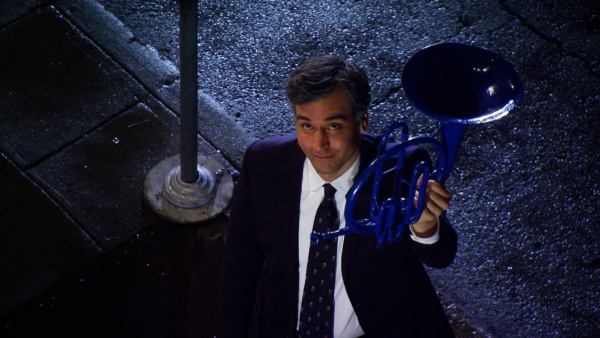
The final show that has died out over its many seasons is “It’s Always Sunny In Philadelphia.” This show features five (arguably terrible) friends who own an unsuccessful bar together going through life underachieving at practically everything they do. The show was a different kind of comedy, using more gross and crude humor. The show has 16 seasons, with a 17th in production, and is one of the longest sitcoms. The quality of humor was bound to diminish eventually- it has held up the same tone and comedy techniques for basically the whole series so far. The only problem is that the show has lost touch with the characters, no longer following their personalities as much and the character Mac has become more annoying to many viewers of the show. Another problem is the age of the actors, with Danny DeVito being 80 years old and the rest of the cast moving from their twenties and thirties to their forties.
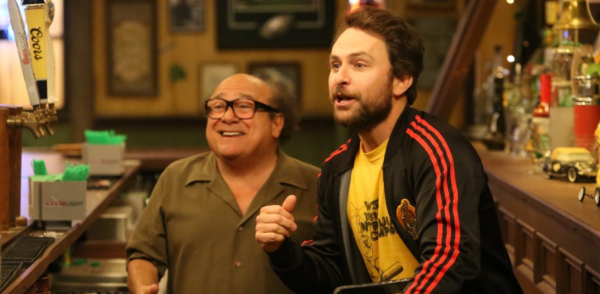
Many sitcoms falloff for different reasons, whether it’s cast, writing, or age. There are also many shows that withhold their quality. For example, “Friends,” “New Girl,” and “Parks and Recreation” maintain their quality from pilot to finale. Shows like “Brooklyn Nine-Nine” with eight seasons and “Bob’s Burgers” with 15 seasons even increase in quality throughout their seasons because they focus more on the story while keeping their childish form of comedy alive. These shows are examples of how a show can remain good if it stays well-written and ends before losing its spark and getting stale.

